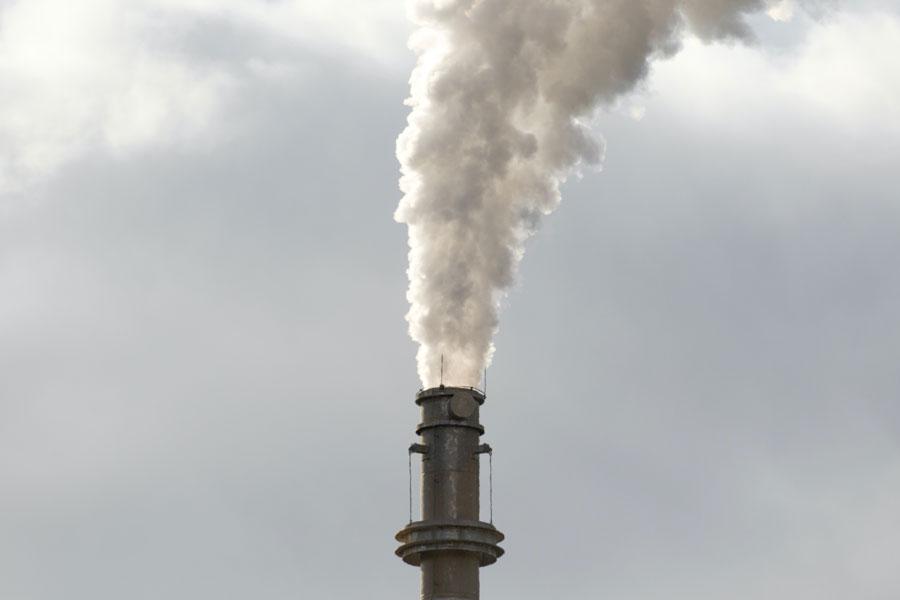Quezon City, Philippines (July 21, 2020) — Groups from the No Burn Pilipinas and Break Free From Philippines movement today denounced current moves in Congress to legalize garbage incineration banned under the Clean Air Act, by referring to them as waste-to-energy (WTE) plants while urging both the Senate and the House of Representatives to reject the proposed waste-to-energy bills, which will have the effect of weakening instead of improving existing environmental laws.
In an online media briefing, attended by representatives from environmental groups, experts, and journalists, the panelists spoke about the existing and proven solutions in dealing with waste at the local level, and which do not require resorting to burning or incineration. They also debunked the need to incinerate infectious medical wastes produced in response to the current Covid-19 pandemic, saying that alternative treatment and non-burn sterilization technologies are available, and do not result in additional harm to communities.
“As incineration and other thermal waste-to-energy bills for municipal and plastic waste are now being considered in the Senate and the House of Representatives, we see that these plans offer more problems than solutions and run against the Constitutional rights of citizens to live in a balanced and healthy environment,” said Sonia Mendoza, Chairperson of Mother Earth Foundation.
“Allowing incineration in the country would undermine and reverse the country’s achievements in implementing its landmark environmental laws such as the Clean Air Act and the Ecological Solid Waste Management Act,” she said.
“Instead of burning away billions of pesos in public funds to support waste-to-energy facilities, we urge the government to invest in efforts by our communities and local governments to implement zero waste programs as already provided for in the Ecological Solid Waste Management Act . Cities and barangays doing/having zero waste have managed to divert municipal waste by as much as 80% and saved millions of pesos while creating jobs,’’ she added.
The subject bills mentioned were deliberated in a series of meetings by the Senate Committee on Energy Technical Working Group (TWG). These bills sponsored by Senators Win Gatchalian and Francis Tolentino, now intend to create a regulatory framework for waste-to-energy (WTE) technologies in the 18th Congress, in line with the Duterte administration's thrust to advance renewable energy in the country.
“These thermal Waste-To-Energy facilities are essentially incinerators in disguise, and could never be considered as an environmentally sustainable form of waste management or as a renewable energy option, If these bills are approved, the real winners would be the plastics industry and big waste management companies, who will profit at the expense of taxpayers, local communities and the environment. Instead of reducing and eliminating their use of problematic plastics, producers and purveyors of single-use plastics and disposable packaging would find justification to continue with their polluting business as usual practices,”said Von Hernandez, Global Coordinator of Break Free from Plastic (BFFP).
“Moreover, burning unrecyclable plastics in these plants would create a toxic pollution nightmare for local communities, and make them more susceptible and vulnerable to the impacts of COVID 19,” he added.
The panelists also discussed efforts of some local government units in permitting incineration and use of crematoria to deal with Covid-19 related wastes and the need to address a large part of the country’s rising pandemic-related plastic waste including single-use and production of masks, PPEs, IV bags and gloves.
“Unlike bacteria, fungi, and other types of viruses, SARS-CoV-2 (COVID-19) virus is among the easiest microorganisms to destroy using readily available materials such as diluted bleach, alcohol, hot water, and regular soap and water. Treatment methods already used by hospitals such as chemical disinfection and autoclaving are more than sufficient to destroy COVID-19 virus,” said Dr. Jorge Emmanuel, a healthcare waste management expert who co-authored the World Health Organization’s guidebook on healthcare waste. He also led a United Nations Development Program team sent to Africa to help stop the spread of Ebola virus by advising governments, training healthcare staff on infection control, and installing waste treatment autoclaves. He is now with Silliman University.
“Incineration will make things worse because incinerating COVID-19 related wastes will produce poisonous and toxic fumes especially since most of the materials are made of plastics. Some of the incinerator pollutants are also known to increase the death rate from COVID-19,” he said.
“Our government must not use this pandemic as an excuse to introduce polluting disposal methods like burning and incineration, instead we encourage them to adhere to safe and environmentally sound treatment methods to safeguard our communities against the virus,” he added.
For more info regarding WTE Bills and related materials, please visit: https://tinyurl.com/yyrxgqdt




